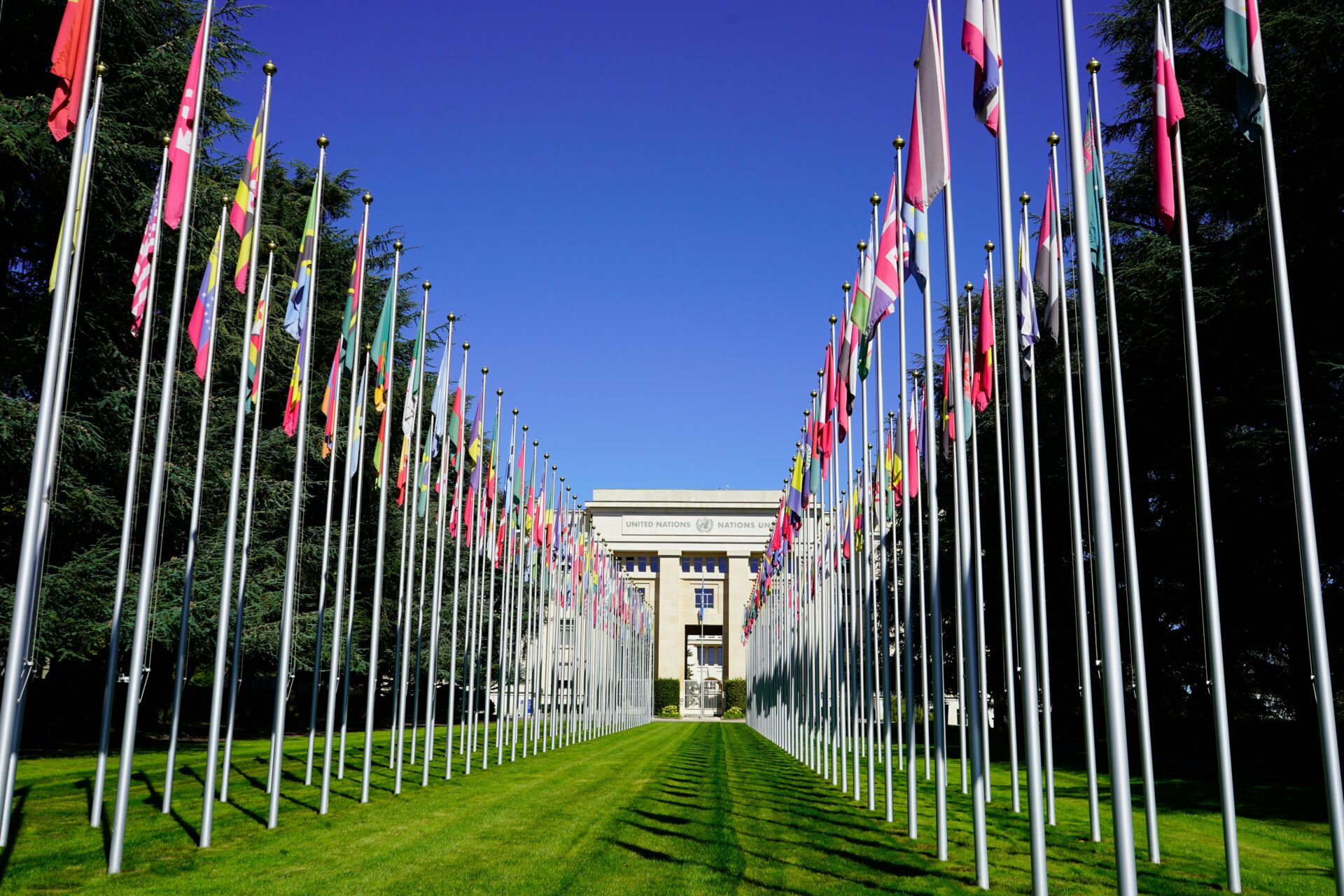Classical liberals have long championed peace as both a moral principle and a practical necessity in foreign policy. But their vision of peace is neither naive nor passive; it rests on a clear-eyed understanding of power, incentives, and human nature. While the world remains rife with conflict and injustice, liberals emphasize that lasting stability emerges not from attempts to reshape foreign societies through force, but from creating conditions where cooperation becomes more rational than coercion.
The liberal vision for foreign policy prioritizes diplomacy, free trade, and cultural exchange, but understands that these flourish only when backed by the strength to resist aggression.
This requires distinguishing between the kinds of force that undermine peace and those that preserve it. Classical liberals are skeptical of offensive interventions aimed at nation-building or regime change—efforts that consistently fail due to the same flaws that plague domestic central planning. Yet they recognize that credible defensive capability and deterrence are essential to protecting the voluntary international order they seek. The liberal vision for foreign policy prioritizes diplomacy, free trade, and cultural exchange, but understands that these flourish only when backed by the strength to resist aggression.
The challenge is maintaining this distinction in practice: rejecting the hubris of intervention while avoiding the vulnerability of weakness. Classical liberals advocate for a foreign policy rooted in humility about what governments can achieve abroad and confidence in what free people can accomplish through voluntary cooperation, but also realism about the threats posed by those who reject these principles entirely.
Peaceful Solutions

Artwork commissioned by the Institute for Humane Studies
The Failure of Nation-Building
Classical liberals approach foreign policy with the same skepticism of centralized planning that they apply domestically. This skepticism fundamentally challenges the idea that governments can effectively reshape foreign societies through military intervention. Attempts at nation-building fall prey to the same flaws as domestic central planning: overconfidence in policymakers’ ability to engineer complex social systems and failure to account for the local knowledge and cultural dynamics that shape societies.
Classical liberals reject the notion that noble intentions can justify violating the rights of individuals who played no role in the conflicts their governments are waging.
The history of military interventions over recent decades—from Vietnam to Iraq to Afghanistan—demonstrates these failures concretely. These interventions have consistently produced prolonged conflict, destabilization, and humanitarian crises while failing to achieve their stated objectives. The costs are borne not only by combatants but also by innocent civilians whose lives and liberties are upended. Bombs and sanctions do not discriminate between tyrants and ordinary people, and the harm inflicted often sows the seeds of resentment and further violence. Classical liberals reject the notion that noble intentions can justify violating the rights of individuals who played no role in the conflicts their governments are waging.
But recognizing the failure of offensive intervention does not mean indifference to threats. Restraint requires strength. Classical liberals understand that credible defensive capability and deterrence are essential to preserving peace, not as tools for reshaping societies, but as safeguards against aggression. A prudent foreign policy distinguishes between offensive interventions aimed at nation-building and defensive measures that protect against aggressive authoritarian expansion.
Deterrence works precisely because potential aggressors understand that violating fundamental boundaries will meet resistance. Without this credibility, restraint becomes vulnerability, and the cooperative international order that liberals favor becomes exploitable by actors who view forbearance as weakness. The goal is not to project power indiscriminately, but to make aggression costly enough that it remains irrational and creates space for diplomacy, conflict resolution, and enforcement of international norms that can resolve disputes without violence.
Peace Through Trade and Cooperation
Non-interventionism is often mistaken for passivity, but classical liberals reject this misreading. They distinguish between the restraint that prevents overreach and the weakness that invites aggression. They see peace not as the absence of action but as the product of robust international engagement—engagement rooted in voluntary cooperation rather than coercion.
The liberal preference for free trade and open markets reflects more than an economic theory; it embodies a vision for peace through mutual dependence and shared prosperity. Nations that trade with one another develop relationships that make war irrational and unprofitable. The expansion of global trade following World War II demonstrated this principle, fostering both economic growth and international stability.
Beyond trade, liberals support the free flow of ideas and capital across borders. Academic collaboration, scientific exchange, and open information networks foster mutual understanding and create constituencies for peace. International institutions and agreements, while imperfect, provide frameworks for resolving disputes peacefully and reducing incentives for aggression.
Just as markets rely on decentralized decision-making, effective humanitarian efforts rely on local knowledge and partnerships rather than top-down control.
This emphasis on voluntary exchange extends to humanitarian efforts as well. Classical liberals believe that aid and development should be driven by private initiative and voluntary contributions rather than government programs that often come with strings attached. Just as markets rely on decentralized decision-making, effective humanitarian efforts rely on local knowledge and partnerships rather than top-down control.
Yet voluntary cooperation flourishes only when protected from predation. Economic integration and diplomatic engagement create conditions favorable to peace, but they cannot survive sustained aggression unchecked. This is why credible deterrence complements rather than contradicts the liberal vision—it preserves the space in which peaceful cooperation can thrive.
A Foreign Policy of Prudence and Peace
Classical liberals approach foreign policy with the same principles they apply to domestic governance: skepticism of centralized authority, respect for individual rights, and faith in voluntary cooperation. They believe that peace is best preserved not through military intervention and nation-building but through diplomacy, trade, and cultural exchange, backed by the defensive strength necessary to deter aggression.
Classical liberals reject the idea that peace can be imposed only through offensive force, and instead advocate for policies that foster the conditions in which peaceful cooperation can flourish. This requires both the restraint to avoid overreach and the capability to resist those who would exploit that restraint.
By prioritizing voluntary cooperation and economic integration alongside credible deterrence, liberals offer an alternative to both reckless interventionism and naive isolationism.
By prioritizing voluntary cooperation and economic integration alongside credible deterrence, liberals offer an alternative to both reckless interventionism and naive isolationism. Their vision is one of a world bound together not by coercion but by mutual respect and shared prosperity: a world where freedom and peace go hand in hand, protected by the strength to defend them.
